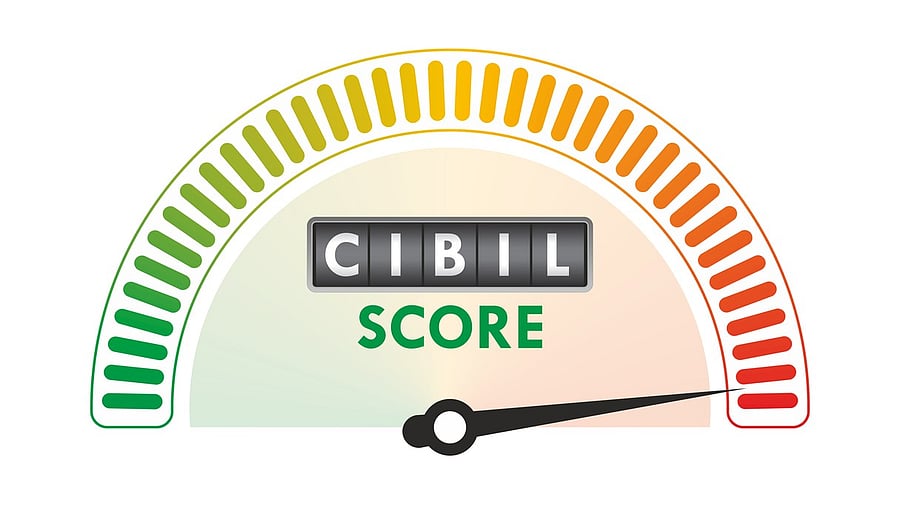
Representative image for CIBIL score
Credit: iStock Photo
Recently, State Bank of India (SBI) cancelled the appointment of a circle-based officer (CBO) due to a poor CIBIL (Credit Information Bureau of India) score. The petitioner challenged the order of SBI in Madras High court, claiming that he had cleared all the dues of loans /credit cards and was not declared a defaulter by any bank. While the court upheld the decision of SBI, dismissing the plea of the petitioner, it observed that a person with a poor or no financial discipline cannot be trusted with public money.
In today’s world the CIBIL score reflects an individual’s financial credibility. It’s the primary tool used by banks, NBFCs, microfinance companies, housing finance companies & fintechs to evaluate your creditworthiness and make lending decisions. Credit scores are used beyond lenders too. Insurance companies are checking credit scores when assessing risk or determining premiums for certain types of insurance. Landlords and rental agencies are asking for credit reports or check the credit score to assess a tenant’s financial ability to pay rents. In short, CIBIL scores are a snapshot of your past borrowing or repayment behaviour.
This makes understanding the importance and the need for a good CIBIL score crucial for navigating the financial landscape. Let us also try to demystify what constitutes a good score.
Who assigns credit scores?
In India, there are four major credit information companies (CICs), also commonly called as credit bureaux, that assign credit scores to borrowers. They are Transunion CIBIL (formerly Credit information Bureau (India) Limited), Experian, Equifax & CRIF High mark. CIBIL is the most popular among them and has become synonymous with credit scores in India. These companies collate credit related information from banks, NBFCs and financial institutions to assign scores to individuals.
What is the ideal score?
While there is no perfect score they can typically range from 300 to 900, reflecting your creditworthiness and giving you access to a range of loans. The ideal range is 750 to 900 which signifies excellent credit history and low risk for lenders. If you are in this range, you can bargain for a lower interest rate, higher credit limits and favourable repayment terms. A score of 700 to 749 indicates good, so you can get loan approvals with good terms. A score of 300 & below is poor & indicates a poor credit history, often due to missed payments, defaults, or high credit utilisation. Your loans may get rejected since you are considered a high-risk borrower.
How to improve the score?
You need to understand that credit bureaux depend entirely on data sent to them by lenders and they do not have any tool to verify them. A mistake by lenders can affect your credit score even when you have paid the dues on time, if the lender reports the closure as a settlement or default. Since you can get one free credit report every year from each of the four bureaux, you can check the score from time to time, say every quarter or six months to make sure that there are no discrepancies.
Discrepancies can happen due to clerical mistakes by lenders while sending data to credit bureaus. With the Reserve Bank of India (RBI) emphasizing the critical need for a unique, secure borrower identifier, the discrepancy on duplication will be eliminated. You need to understand that even random enquiries with many lenders for loans & credit cards can affect your credit score.
In case of a discrepancy or error you can get it resolved by sending a mail to both the credit bureau and the lender. It also becomes important to keep ‘no due certificates’, loan closure letters and bank statements showing repayments as proof to get disputes resolved faster. Also, make sure that you have not been a guarantor for any loans, since even a delay in repayment by the borrower can affect your score.
Benefits of a credit score
A better score can help you in getting higher loans at lower interest rates, premium credit cards with higher credit limits & better reward programmes. A higher score can help you negotiate a better rent and a lower security deposit with the landlord. A healthy score can also lower your premiums on your life insurance or a mediclaim policy.
(The writer is a CFA, former banker & presently teaches at Manipal Academy of Higher Education, Bengaluru)